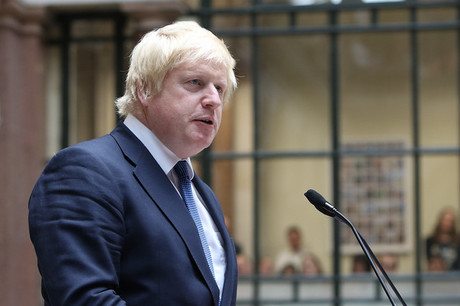
Boris Johnson

The frontrunner, who has now won the support of 114 MPs, was educated at Eton and Oxford, and had a Norland Nanny as a child. He is a proponent of grammar and free schools.
One of his first policy pitches was to spend at least £5,000 on every secondary school pupil in a pledge to even out the ‘yawning funding gap’ between pupils in London and the rest of the country.
He has come under fire though for divisive rhetoric, such as comparing veiled muslim women as looking like letterboxes and bank robbers, and called black people 'piccaninnies' with 'watermelon smiles'.
Register now to continue reading
Thank you for visiting Nursery World and making use of our archive of more than 35,000 expert features, subject guides, case studies and policy updates. Why not register today and enjoy the following great benefits:
What's included
-
Free access to 4 subscriber-only articles per month
-
Unlimited access to news and opinion
-
Email newsletter providing activity ideas, best practice and breaking news
Already have an account? Sign in here
